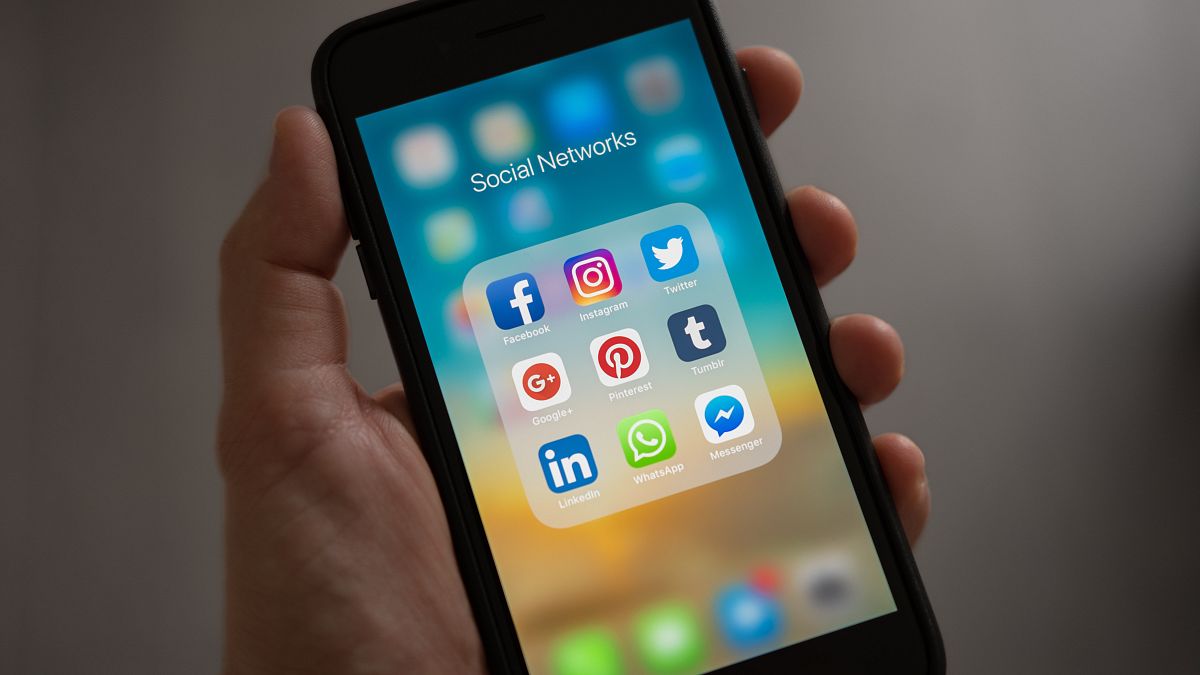Do you know what happens to social media accounts after people die?
The death of a loved one has always been a difficult moment but with the rise of the internet and social media platforms, families now also have to contend with sometimes-murky digital afterlife rules.
Only 13% of people have made any sort of plans regarding their social media accounts following their death, according to a 2017 survey by the Digital Legacy Association (DLA).
"Social media platforms are now understanding that they need to have an end of life policy," James Norris, founder of the DLA, told Euronews.
"The technology they're starting to bring in is a great start but there's still a lot to do.
"One of the main problems when it comes to planning for your digital death and the array of different accounts that we have is that each platform is different and each requires a different way in which to manage how the account is passed on," he explained, recommending people document their wishes in a social media will.
Below are the rules on users's death for the main platforms.
Rules on deceased social media users
Facebook users can appoint a legacy contact who would then have access to their account after their death. That person can then look after the memorialised account or delete it.
If no legacy contact has been appointed by the user, Facebook memorialises the account when it becomes aware of the user’s passing.
Once memorialised, the account can’t be logged into and remains visible to the audience it was shared with as a place for them to “gather and share memories,” according to Facebook’s settings.
To remove a deceased user’s account, Twitter requires a person authorised to act on behalf of the estate or a verified immediate family member of the deceased to make a request or the account will be deactivated.
They will need to provide details including information about the deceased, a copy of their ID, and a copy of the late user’s death certificate, according to Twitter’s Help Centre.
Like Facebook, Google allows users to appoint a person who would be responsible for their account after their death. This so-called “Inactive Account Manager” is then able to access account information and delete the account.
If no such person is appointed, immediate family members can get in touch to request the account be deleted.
However, Google highlights on its Help page that “any decision to satisfy a request about a deceased user will be made only after careful review”.
